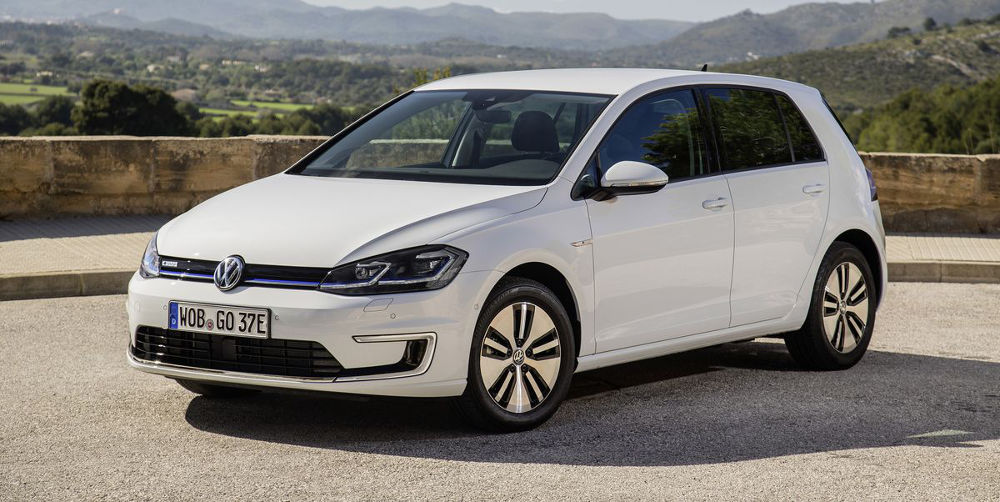by Michael Smith (Veshengro)
This policy is designed to protect the climate, or so they say. But it is socially unjust. Because who benefits from it is obvious: 48 percent of households with the lowest income in Germany do not have a car. This means that the wealthy in particular benefit from the e-car premium.
Those on low incomes will have to continue to pay for public transport travel or have to walk or bike or have to pay for fuel for the “ordinary” car. Considering, however, that “ordinary” cars are to be phased out from production and then from use in the not too distant future where does that leave the poorer in society? It leaves them out of pocket while the richer ones have pocketed (pardon the pun) the premium.
Half of the households with the highest incomes have two, three or more cars. Because you can afford electric cars, this means that you can get the purchase premium two, three times or even more. Thus, a sum equal to an average annual salary quickly comes together. Is that fair?
It is especially low-wage earners (e.g. employees in the retail trade or parcel delivery companies) who are dependent on mobility in everyday life. Because you can not work in the home office. It is they who “keep the store running”.
In addition to the initial purchase cost there is the issue that the battery has a limited lifespan and if the case of e-bike batteries is anything to go by then they last probably five years or thereabouts. Replacement cost of a battery, again judging from those of e-bikes, will amount to at least one third of the cost of the car itself. And I do not even want to talk about the environmental costs of the batteries, which are huge, both to the planet and the often child slaves who are digging up the materials.
Anyone who wants fewer people to drive a car must therefore not promote the purchase of a car, but must make buses and trains cheaper. Only in this way can we protect the climate in the long term. Not only that but our towns and cities must be made also walkable and a proper cycling infrastructure must be created, and that not just in towns and cities but also in the rural areas.
The rural areas must, once again, also have stores within reach of the people without them having to resort to using the car and which can be reached by bicycle or on foot. Even in the Unites States and such large places it ones was thus that there were general stores within reach of people, and those stores were not just in the nearest towns. They were, in fact, at road junctions serving a number of homes and farms around, at times being a farmstead also. In addition to that mobile stores plied their trade to the rural homes and farms. In a way we need to go back to the future to really change things for the better. Electric vehicles of whatever kind are not the answer.
© 2022
























